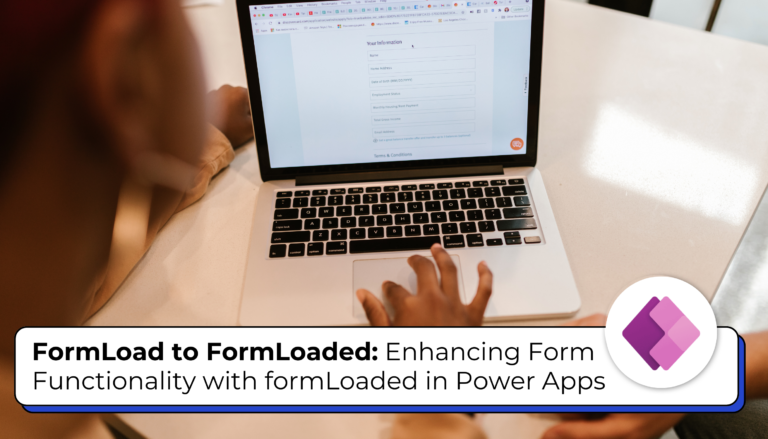Another year, another World Tour New York! It’s been a wonderful experience for our community to come together and learn about the latest marketing innovations, with a particular focus on what’s next in first-party advertising. Here’s the scoop on our latest releases and updates — and what they can do for your business.
Companies are now prioritizing first-party customer data in their marketing campaigns. However, changes in data privacy laws, not to mention the fast-approaching cookieless future, make it tough for companies to meet these expectations without the right tools to collect and capitalize on that first-party data.
This week, we announced new Data Cloud integrations with Google Display & Video 360 and LinkedIn. These integrations help companies connect their first-party data and execute automated, personalized advertising campaigns.
Let’s take a look at how these innovations will help your advertising efforts.
Make your 1:1 personalization dream come true
Personalized connections at scale require strong planning, people, and technology. Here’s how you can bring those things together.


What is first-party data advertising?
First-party data advertising uses information collected directly from your company’s customers or users to personalize and target advertising efforts. This valuable data, comprising customer preferences and interactions, enables your business to create highly tailored campaigns, enhancing the relevance of your messaging.
In contrast to third-party data, customers consent to you using their first-party data, which your company directly manages. This leads to customer trust, as well as compliance with privacy regulations.
By letting your customers tell you exactly who they are and what they want, you unlock more effective retargeting, personalized content creation, and an overall improved customer experience.
What our new Data Cloud updates mean for your business
As you explore how first-party data advertising can help your company, we want to make sure we tell you both the what and the why behind these new innovations. So what do these Marketing Cloud updates mean for you? You can improve the way you interact with your customers and your marketing systems, to do things like:
- Personalize at scale: With these new Data Cloud integrations, you can personalize advertising using a complete customer profile that unifies first-party data from customers across marketing, commerce, sales, service, or any touchpoint.
- Increase efficiency: The new integrations help you deliver the right message to the right person at the right time. You can do this with rapidly updated segment memberships, near real-time data sharing with advertising partners, and suppressing users that have already purchased or have open Service Cloud cases.
- Segment and activate quickly: You can now compress the weeks it takes to build out segments with legacy SQL-based tools into minutes. Drag-and-drop and natural language generative AI interfaces (coming February ‘24) help you create, test, and build segments quickly. Then you can immediately activate the new integrations with Google Display & Video 360 and LinkedIn alongside your other channels like email, SMS, web, app, and connected devices. This results in a more personalized experience for your customer on their preferred channel.
- Build trust with your customers: With these updates, it’s easier to build trust through messages that are more relevant to your customers and compliant with today’s regulations. The new Data Cloud integrations allow you to launch ad campaigns that are more relevant(using first-party data) and efficient, through the power of automation.
What are some new things marketers can do with Data Cloud?
We’ve covered how your business can benefit from these innovations. Now let’s look at some specific ways you can use them to improve your results:
- Create connected advertising experiences across display, video, TV, audio, and other channels with Google Display & Video 360. You can improve customer loyalty with engaging and seamless advertising by using unified customer profiles from Data Cloud. This allows you to deliver personalized ads and campaign measurement across multiple channels. For example, a media brand can increase loyal customers and retain at-risk subscribers by using AI insights to engage audiences in Google Ads campaigns, targeting those who are most likely to upgrade or churn with relevant messages and offers.
- Target a network of over 1 billion active professionals on LinkedIn based on job title, function, industry, and more. You can use first-party data, combined with AI-powered product interest scoring from Marketing Cloud, Sales Cloud, and Service Cloud, and product usage data from your own apps to reach more customers. For example, with Data Cloud, a tech company can create an end-to-end program to increase awareness and promote relevant upsell and cross-sell conversion opportunities to grow their sales pipeline.
Greater efficiency, effectiveness, and personalization are top of mind for every business looking to improve their advertising strategy. Capitalizing on trusted first-party data within your advertising is the key to delivering the experiences customers want — and the campaign performance your company needs
The new first-party data advertising integrations with Google Display & Video 360 and LinkedIn are expected to be generally available in Q1 2024.
Activate your first-party data
Learn more about how new Data Cloud innovations can help you build stronger relationships with customers.














